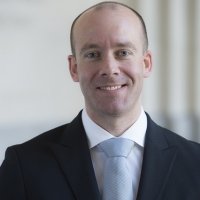Brexit and the Long, Slow EU-UK Divorce
In his opinion piece “Brexit and the Long, Slow EU-UK Divorce,” Global Europe Global Fellow Michael Geary and co-author Kevin Lees address growing Euroscepticism across Britain ahead of the June 23 referendum on European Union membership. “Unhappy couples,” they argue, “simply do not stay together.”






